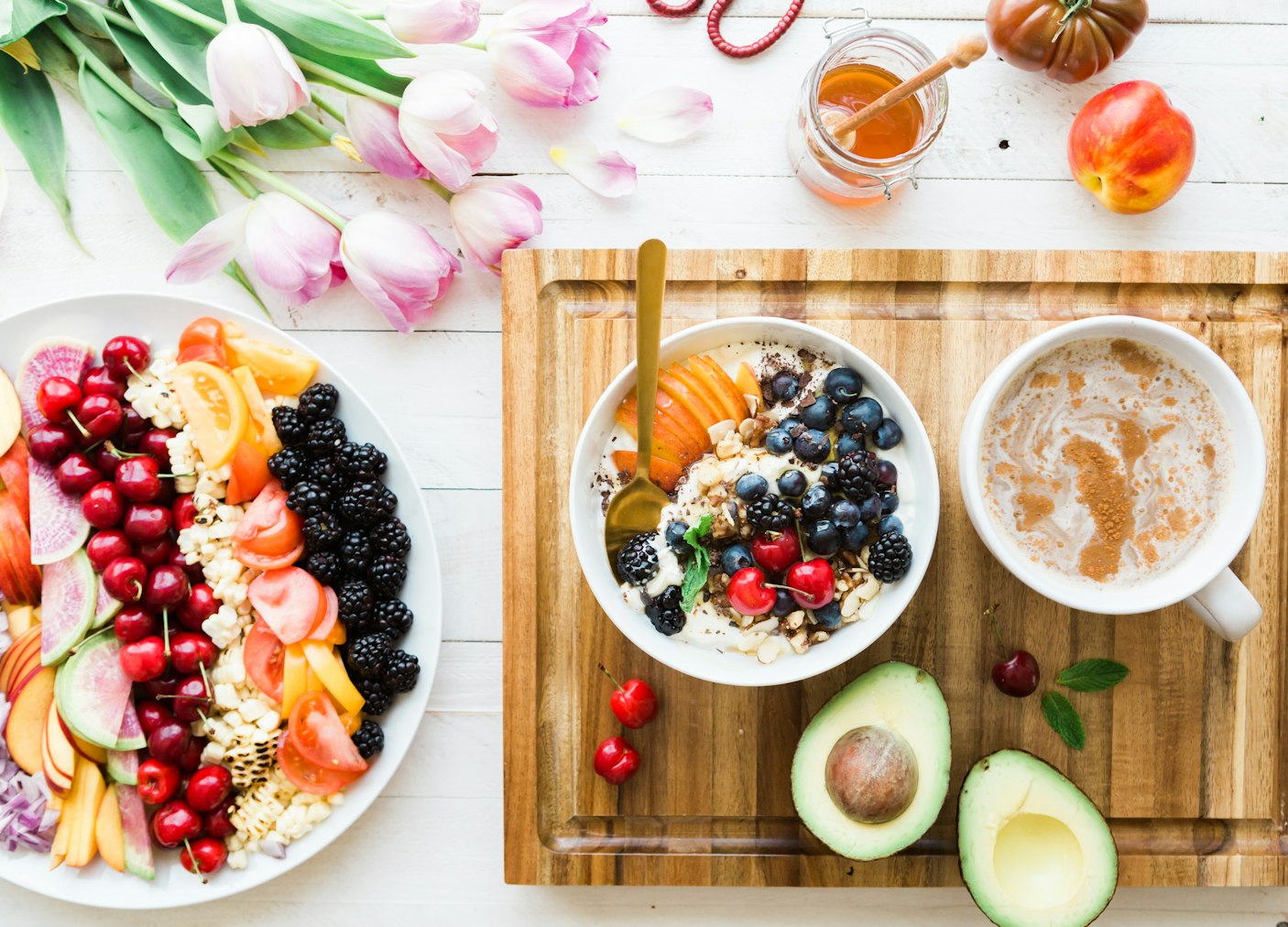As you reach the age of 50, maintaining a balanced diet becomes even more important for weight loss. Your metabolism naturally slows down with age, so it’s crucial to focus on nutrient-dense foods that support overall health while helping you manage your weight. Emphasize lean proteins, whole grains, fruits, and vegetables. These foods provide essential nutrients without excess calories. Avoid processed foods high in sugar and unhealthy fats, which can contribute to weight gain and negatively impact your health.
Prioritize Protein
Incorporating sufficient protein into your diet is key to losing weight after 50. Protein helps build and maintain muscle mass, which can decrease as you age. Lean sources of protein, such as chicken, fish, eggs, and legumes, are excellent choices. Protein not only helps with muscle maintenance but also keeps you feeling full longer, reducing the likelihood of overeating. Aim to include a source of protein in every meal to support your weight loss goals and overall health.
Stay Hydrated
Hydration is essential for effective weight loss, especially as you age. Drinking plenty of water helps regulate your metabolism, flush out toxins, and manage appetite. Sometimes, thirst can be mistaken for hunger, leading to unnecessary snacking. Aim to drink at least eight glasses of water a day. Hydration also supports digestion and helps prevent bloating, contributing to a more comfortable and effective weight loss process.
Incorporate Strength Training
Strength training is vital for weight loss after 50. As you age, muscle mass naturally decreases, which can slow down your metabolism. By incorporating strength training exercises into your routine, you can build and maintain muscle mass, which in turn helps boost your metabolism. Focus on exercises like weightlifting, resistance band exercises, and bodyweight movements. Aim for at least two to three sessions of strength training per week to enhance your fat-burning capabilities and overall fitness.
Include Cardiovascular Exercise
Cardiovascular exercise remains an important component of a weight loss plan, even after 50. Activities like walking, swimming, and cycling can help you burn calories and improve cardiovascular health. Aim for at least 150 minutes of moderate-intensity cardio per week, or 75 minutes of vigorous-intensity cardio. Cardio exercise not only helps with weight loss but also improves your stamina and overall well-being. Choose activities you enjoy to make your exercise routine sustainable and enjoyable.
Get Quality Sleep
Adequate sleep is crucial for weight loss and overall health, particularly after 50. Poor sleep can disrupt hormones that regulate hunger and appetite, leading to increased cravings and weight gain. Aim for seven to nine hours of quality sleep each night. Establish a consistent sleep schedule, create a relaxing bedtime routine, and avoid screens or caffeine before bed. Good sleep supports your metabolism, helps regulate your appetite, and improves your energy levels.
Manage Stress Effectively
Managing stress is essential for successful weight loss, especially as you age. High stress levels can lead to increased cortisol production, which is associated with weight gain, particularly around the abdominal area. Find effective stress management techniques that work for you, such as meditation, yoga, or engaging in hobbies. Reducing stress helps prevent emotional eating and supports your overall weight loss efforts, contributing to a healthier and more balanced lifestyle.
Eat Smaller, Frequent Meals
Eating smaller, more frequent meals can help manage hunger and stabilize blood sugar levels, which is beneficial for weight loss after 50. Instead of three large meals, aim for five to six smaller meals throughout the day. This approach helps prevent overeating and maintains steady energy levels. Include a mix of protein, healthy fats, and fiber in each meal to keep you full and satisfied. Eating smaller meals can also improve digestion and support a more effective weight management strategy.
Monitor Your Caloric Intake
Tracking your caloric intake is crucial for weight loss, especially as your metabolism slows down with age. Use a food diary or tracking app to keep an eye on your daily calorie consumption. Focus on nutrient-dense foods that provide essential vitamins and minerals while keeping your calorie intake within your weight loss goals. Monitoring your calories helps you stay on track, make informed food choices, and adjust your diet as needed to achieve your desired results.
Seek Professional Guidance
Consulting with a healthcare professional or a registered dietitian can provide valuable insights and personalized recommendations for weight loss after 50. A professional can help you create a tailored nutrition and exercise plan based on your individual needs, health status, and goals. They can also offer guidance on managing any age-related health conditions that may impact your weight loss journey. Seeking professional advice ensures that you approach weight loss in a safe and effective manner.

